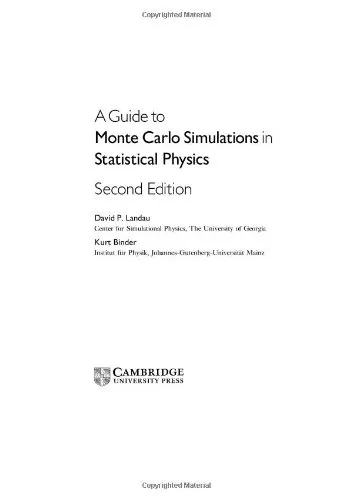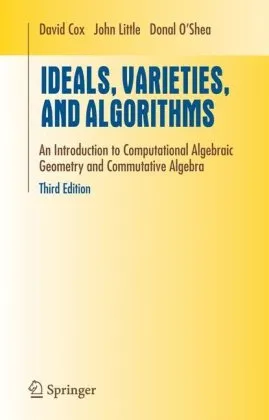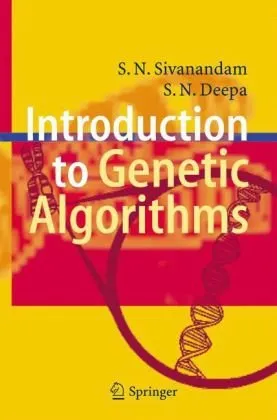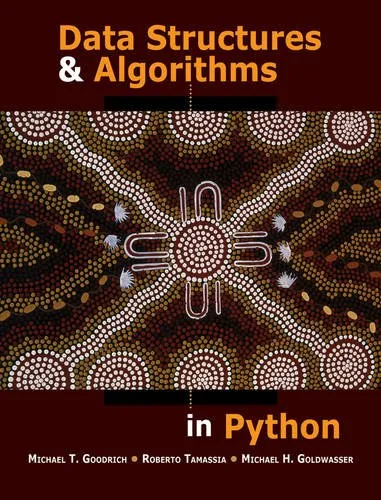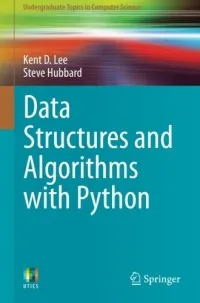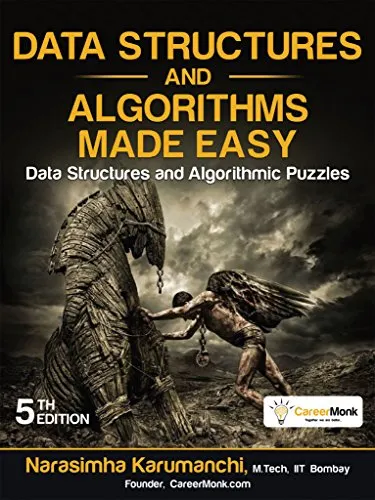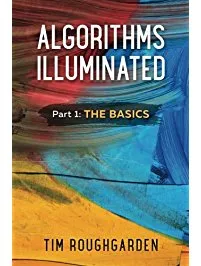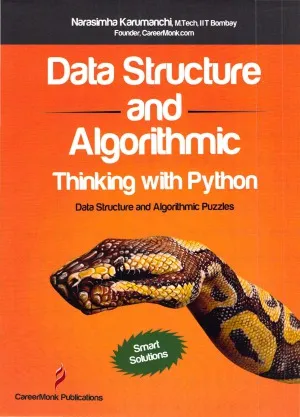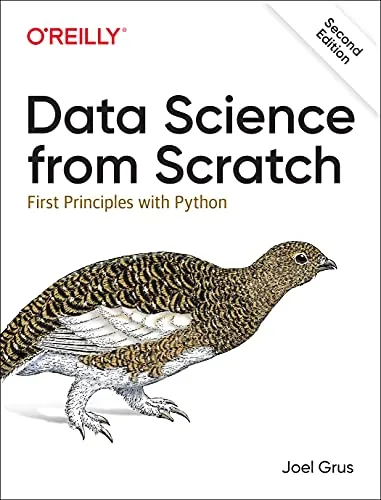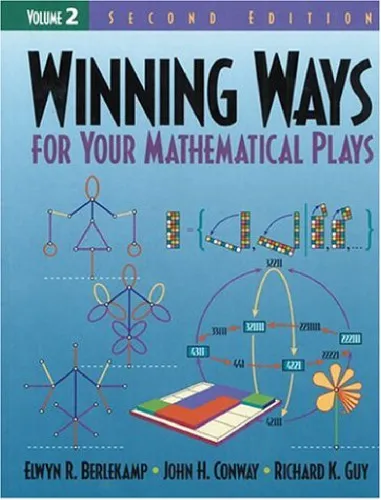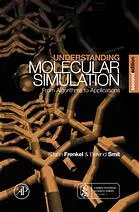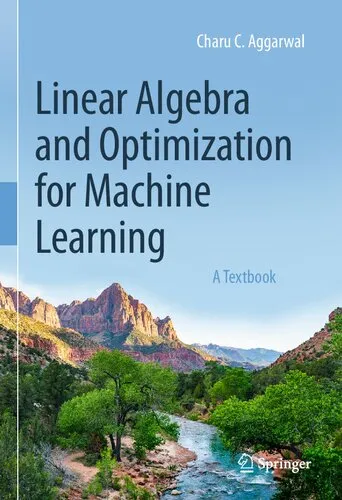A Guide to Monte Carlo Simulations in Statistical Physics
4.4
Reviews from our users

You Can Ask your questions from this book's AI after Login
Each download or ask from book AI costs 2 points. To earn more free points, please visit the Points Guide Page and complete some valuable actions.Related Refrences:
Introduction to "A Guide to Monte Carlo Simulations in Statistical Physics"
"A Guide to Monte Carlo Simulations in Statistical Physics" by David P. Landau and Kurt Binder is an essential resource for understanding the intricacies of Monte Carlo methods and their applications in statistical physics. This book has become a cornerstone in both academia and industry for researchers, students, and practitioners who wish to deepen their understanding of these computational techniques and apply them to problems in condensed matter physics, materials science, and beyond.
With a clear emphasis on both theoretical foundations and practical applications, the book seamlessly combines rigorous explanations of statistical mechanics with hands-on examples of Monte Carlo simulations. Whether you are a beginner or an experienced physicist looking to refine your skillset, this text provides valuable insights and guidance for every level.
Detailed Summary of the Book
The book begins by introducing the reader to the fundamentals of statistical mechanics, establishing a critical theoretical base for understanding Monte Carlo simulations. The authors go on to describe the core principles of the Monte Carlo method, focusing on its significance and diverse applications. The chapters are meticulously structured to build knowledge incrementally, covering both equilibrium and nonequilibrium phenomena through Monte Carlo techniques.
Key areas discussed in the book include Markov chains, importance sampling, the Metropolis algorithm, cluster algorithms, and the Wang-Landau method. These topics are carefully explained, along with their relevance to solving problems associated with phase transitions, critical phenomena, and lattice models. Moreover, practical programming and coding insights are provided, blending theory with application in a way that enriches the learning experience.
A unique attribute of the book is its emphasis on error estimation, finite-size effects, and data analysis—critical components often overlooked in other resources. By addressing these challenges, the authors equip readers with both the tools and the confidence to design and analyze simulations effectively. Updated throughout its various editions, the book also covers advanced topics such as parallelization, multiscale modeling, and applications to more complex systems.
Key Takeaways
- Comprehensive coverage of Monte Carlo methodologies and their applications in statistical physics.
- Step-by-step guidance on programming and implementing Monte Carlo simulations.
- Detailed treatment of the physical systems to which Monte Carlo simulations can be applied.
- An in-depth look at challenges like error estimation and finite-size effects.
- Valuable updates on contemporary advances in Monte Carlo methods and their computational approaches.
Famous Quotes from the Book
"The Monte Carlo method might seem like a brute-force approach, but its elegance lies in its simplicity and ability to solve problems beyond the reach of traditional analytical approaches."
"Statistical mechanics transforms intractable many-body problems into manageable concepts when combined with Monte Carlo simulations."
"The art of Monte Carlo simulation is not just in running the computations but in the skillful analysis and interpretation of the results."
Why This Book Matters
"A Guide to Monte Carlo Simulations in Statistical Physics" is more than just a textbook; it is a comprehensive guide that serves as a bridge between theoretical physics and computational methods. Monte Carlo simulations have become indispensable in diverse fields such as materials science, biology, machine learning, and economics. This book equips readers with the knowledge and skills to use these methods effectively.
In an era where computational physics plays a pivotal role in scientific discovery and technological advances, this book is a must-read. It provides not just tools but a way of thinking critically about modeling and simulation, empowering readers to explore complex phenomena. The authors' clear and methodical approach ensures that even those new to the subject can grasp challenging concepts and develop proficiency, making this book a timeless asset for anyone involved in computational sciences.
Free Direct Download
You Can Download this book after Login
Accessing books through legal platforms and public libraries not only supports the rights of authors and publishers but also contributes to the sustainability of reading culture. Before downloading, please take a moment to consider these options.
Find this book on other platforms:
WorldCat helps you find books in libraries worldwide.
See ratings, reviews, and discussions on Goodreads.
Find and buy rare or used books on AbeBooks.
1349
بازدید4.4
امتیاز0
نظر98%
رضایتReviews:
4.4
Based on 0 users review
Questions & Answers
Ask questions about this book or help others by answering
No questions yet. Be the first to ask!
